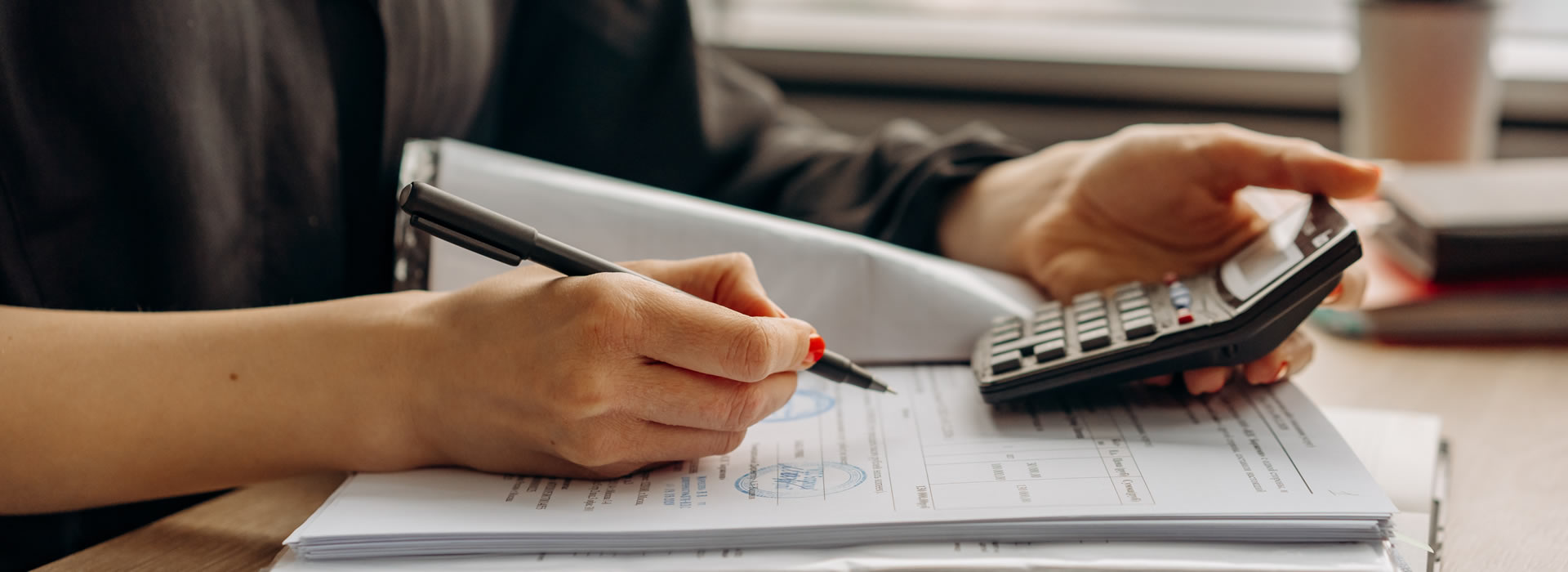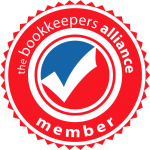
Bookkeeping with a personal touch
07759 983428


Bookkeeping with a personal touch
07759 983428

However, when you’re just starting out it can be hard to know what you need to do or what needs to be done.
So here are my tips on how to start off on the right foot.
It doesn’t matter if you have one sales invoice and three supplier invoices, or receipts, a month, it’s always best to have a separate bank account purely for business purposes. Best to get into the habit of keeping things separate. It will help you with your accounting, it will help you understand your business and it will help you should HMRC ever make an enquiry.
It’s so easy to get paid £100, take that home and then it kind of vanishes. From a bookkeeping point of view, cash can so easily go “off record”. This means that it’s harder to know if a customer invoice has been paid and it’s harder to prove if it has been spent on expenses. It can mess up your figures and may result in you paying more tax. All cash should be banked but if not, ALWAYS tell your bookkeeper that you kept it in order for it to be recorded correctly.
It’s so easy, especially when you are a small sole trader, to pay for the occasional expense through your own bank account. If you don’t keep receipts for these things and make it clear what is a business expense, they will be recorded as a personal expense and you’ll pay more tax.
Sometimes I see a sneaky Netfix subscription appear. Maybe the gym. A holiday… Keep your business account for business expenses only. Try to take only lump sums from your business account. It makes a lovely audit trail and it helps you to plan cash flow.
A box of receipts will always be a box of receipts. We know that HMRC’s Making Tax Digital for Income Tax Self-Assessment (MTD ITSA) will happen in the near future, so nothing like the present to start doing your bookkeeping on cloud accounting software, like Sage Business Cloud. Speak to your bookkeeper or contact us for more information.
If you are not ready to move to Sage, using an excel spreadsheet will suffice until it becomes mandatory for moving to cloud accounting software. This will help you keep track of who’s paid, and who hasn’t.
The VAT threshold is calculated on a rolling 12 months, not annually. This is not something that you can look at every year when you receive your annual accounts. You could take on one large job and that could take you over the £85,000 limit (currently set at this), so if you’re getting close to this, you will need to be aware of what your turnover is at any given time.
Purchases and expenses are always more time consuming to record as you generally have more of them. From a bookkeeping point of view, telling your bookkeeper what the expenses are for is essential. They won’t know what “Amazon” is for, so without a receipt they may be put through as personal expenses… and you’ll pay more tax.
This is a dull accountancy one but it’s very important, especially if you work on projects. To calculate this, divide your gross profit (sales less costs) by the sale(s). It’s a good one because often you’ll price a job with the hope of making, say 50% profit. If you do this calculation and you find you’re making 30% profit, it’s time for questions to be asked. Are jobs taking longer than expected? Are they costing more to complete? It may be you are pricing jobs too low and time for a review of your pricing model.
Getting into the habit of putting a little aside each month for your tax bill is a good place to start. Sometimes good to have a separate bank account for tax only that you can transfer a % to every month so you’re keeping these funds separate to your every day business account. Also, try to get your accounts completed as soon as you can after the year end so you’ve got plenty of time to adjust your savings and have the money ready.
a) Get a bookkeeper / Accountant– one who you like, who you can afford and who you feel comfortable talking to. You will pay more tax doing things yourself.
b) Don’t take tax advice from a friend who isn’t an Accountant, especially your mate “Dave” down the pub.
c) Tax is a consequence of making a profit. Never make a business decision to reduce your tax bill, make a business decision to improve your business.


Registered with HMRC Anti Money
Laundering Scheme.



By continuing to use the site, you agree to the use of cookies. more information
The cookie settings on this website are set to "allow cookies" to give you the best browsing experience possible. If you continue to use this website without changing your cookie settings or you click "Accept" below then you are consenting to this.
